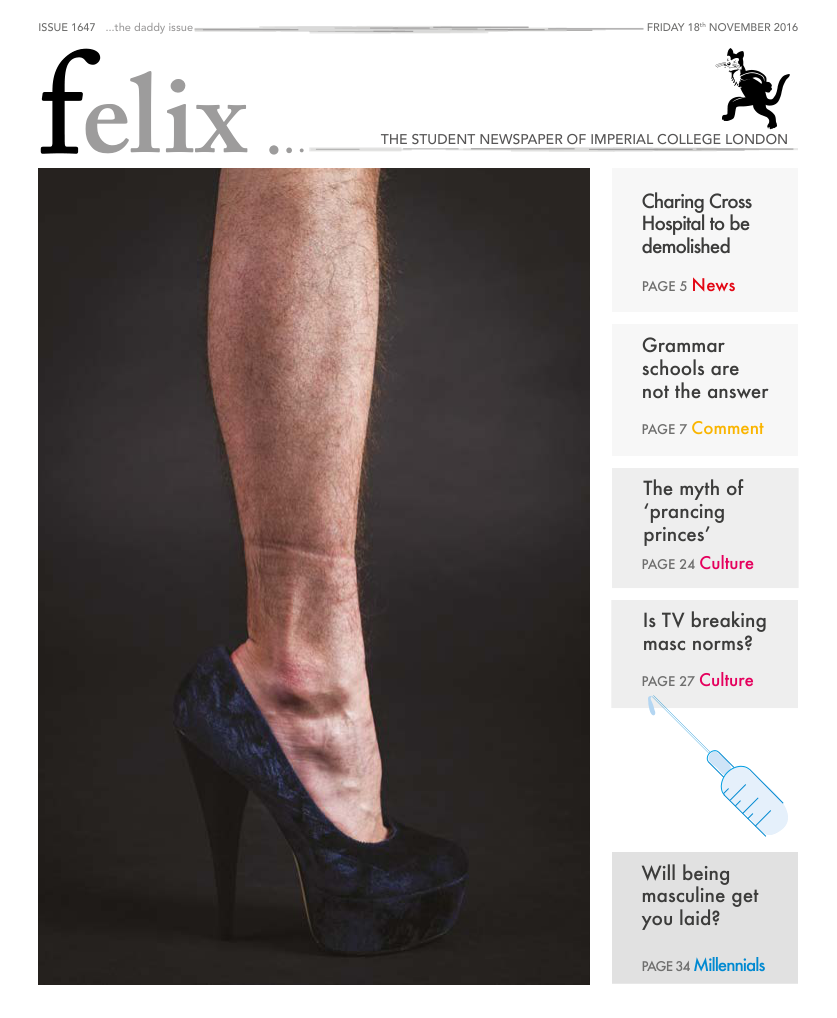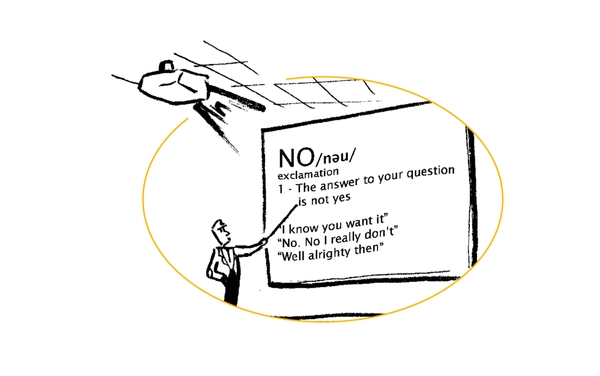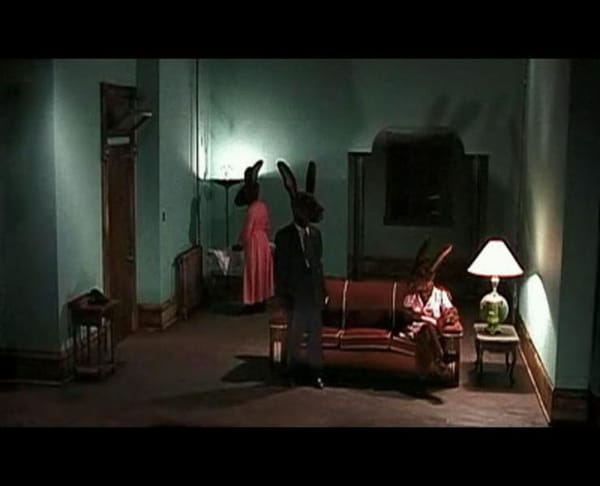What the Brexit ruling means for our democracy
Callum Hunter welcomes parliament’s involvement in the Brexit process

On the 3rd November, the High Court handed down a decision stating that the Government needed parliamentary approval before triggering Article 50. Whilst the Brexiteers have made an outcry, stating that this is a breach of democracy, it is actually a vindication of the United Kingdom’s parliamentary sovereignty, something they campaigned for earlier this year. We must therefore use this judgement to push the Remain camp’s ideas to the forefront, so that they are not neglected as they have been so far.
The government, that is Ms. May’s cabinet, believed they could use an ancient law, known as the crown prerogative, to trigger Article 50 without parliamentary approval. However, since this law cannot be used to affect parliamentary laws, Article 50 cannot be triggered using the medieval law. The parliamentary law that must first be overturned is the 1972 EU communities act. As a result, the government needs parliament’s approval on their Brexit plan before the article can be triggered. This is all down to the fact that, as Lord Lester QC amply sums up, “ministers are accountable to parliament and the courts for the way they use their public powers.” This all comes together to reaffirm, certainly in my mind, that the constitution of this country works to serve the people, and to hear all of our voices.
Alas, there has been an outcry, best demonstrated by newspapers such as The Daily Mail and The Daily Telegraph. There were, and still are, claims that the judges who passed down the ruling are “out of touch with the country” and “enemies of the people.” It is ironic then that the parliamentary sovereignty the Leave campaigners fought so hard for has come back to bite them in a place where the sun has certainly never shone.
This ruling, however, will serve all the people of the UK well. It will seek to serve not only the Remain campaign, but also the Leave campaign, as they finally have the ‘sovereignty’ that they so longed for.
Nigel Farage fears that this ruling means we may be heading for a ‘half Brexit.’ I am certainly hoping for such an outcome, given that, basically, half of the country voted to remain. What is more, surely this ruling is exactly what Farage, Johnson and Davis were hoping for, handing the power back to parliament. Unfortunately, the ruling isn’t on their side. As a result, petty whining has ensued from the right-wing press. As a consequence, the people who wanted Brexit would now like the power to be thrust unto them and parliament left out of the negotiations. I call hypocrisy.
The question now is, what does this ruling really mean for Brexit? That question is a tough one to answer as it is dependent upon a large variety of variables. Everything from the will of a party to whip votes, down to conviction of each and every MP. However, what I can tell you is that Brexit may be on course for a bumpy ride. At this moment in time, Jeremy Corbyn has been unclear as to whether he intends to whip votes in the Labour party, and it seems unlikely that he would. If other parties follow suit, and MPs stick to their original stance, then it will be 479 for Remain and 156 for Leave, leading to a complete halt of Brexit. This may sound undemocratic and ridiculous, but I welcome it. In most other countries a vote of 66.7% or above would be required to trigger a constitutional change without parliamentary approval; or a joint vote between the people and parliament would be required. Why is it then that only 52% – a margin that could have easily swung the other way – is enough? Surely that is the unconstitutional thing here.
The ruling is a welcome sight in a sea of never ending struggles towards Brexit. It gives Remainers the hope that their voice will actually be heard in the Brexit negotiations. I believe that we are on the cusp on getting a deal which is not only focused on the Leave campaigns ideals, but on the ideals of the 479 MPs, and over 16 million people, who voted to remain. With parliamentary approval needed, the people can have their voices truly heard through the medium of their MPs and lobbying.
This is a glimmer of hope. We can finally make parliament truly work for us, and make sure they are not “out of touch” when they make the coming decisions. This ruling holds hope that we can achieve a ‘half Brexit,’ just like the ‘half leave’ we saw on the 24th June. This is an opportunity we cannot let go of, we must utilise it and push our agenda forward to parliament. We have seen that the constitution of this country is alive and kicking, despite the leave camp’s attempts to suppress it, so we must use it.
To paraphrase the poet Dylan Thomas, “we will not go gentle into that goodnight.”









